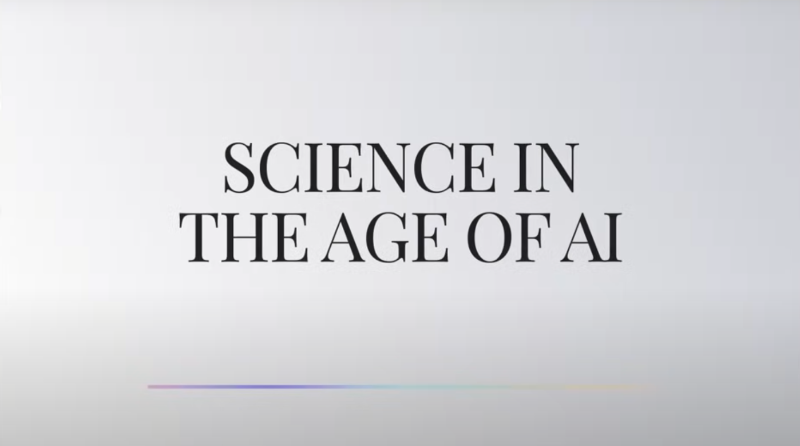by Andrew Spence, The Lead
PET scan of a human brain with Alzheimer's disease. Credit: public domain
Researchers in South Australia have found a genetic link between Alzheimer's disease and the endo-lysosomal system, a critical part of biological recycling machinery that maintains the health of brain cells.
The researchers from the South Australian Health and Medical Research Institute (SAHMRI) say the findings give them a reason to focus on the endo-lysosomal system as a promising target for further studies and drug development.
The endo-lysosomal system acts like a garbage disposal, removing and recycling damaged material within cells.
Author Dr. Ville-Petteri Mäkinen said the brains of people with Alzheimer's and other dementias were riddled with abnormal deposits of molecular waste.
He said it was known that the endo-lysosomal system was less efficient in an aging brain, and that failures in the system cause unwanted material to accumulate.
"But it's not yet certain if these deposits are a cause or a symptom of cognitive decline, or how the disease progresses at the molecular level, Dr. Mäkinen said.
"The exciting aspect of our research is that we've now found a genetic link between the genes that comprise the endo-lysosomal system and Alzheimer's risk.
"Because DNA is set at conception and stays the same, genetic variation may affect disease risk but not vice versa; that's why the genetic association we observed can be considered causal evidence."
The research began following a conversation between Dr. Mäkinen, a computational geneticist, and Dr. Tim Sargeant, a cell biologist from the Nutrition and Metabolism theme at SAHMRI, and now also includes Dr. Song Gao and Dr. Aaron Casey.
Dr. Sargeant said late-onset Alzheimer's disease had no known treatments that could stop or slow progression, and new ideas were desperately needed as the global population aged.
"One of the greatest challenges with Alzheimer's is the lack of effective treatments, or medications to slow progress or stop progression of symptoms," Dr. Sargeant said.
"This research is an important step in understanding how dysfunction in the brain's recycling machinery may cause Alzheimer's disease, and may be the key to unlocking new drug targets, or treatment strategies."
Alzheimer's disease is the most common form of dementia, affecting around 70 per cent of dementia sufferers.
The research findings were published in the Oxford Academic journal Brain.
Journal information: Brain
Provided by The Lead







Post comments